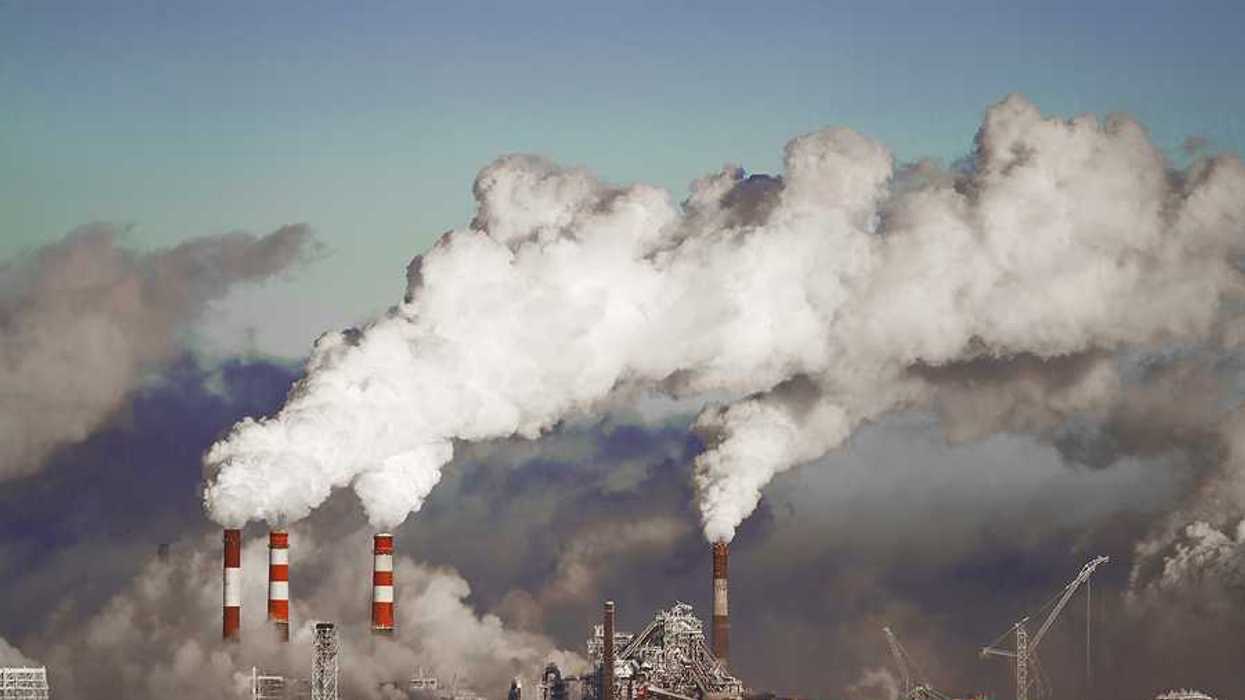The U.S. Environmental Protection Agency has launched stringent regulations aimed at drastically reducing emissions from the nation's largest carbon polluters by 2047.
Lylla Younes reports for Grist.
In short:
- The regulations require coal-fired power plants to implement carbon capture technology or cease operations by set deadlines.
- Critics question the effectiveness of carbon capture and storage (CCS) technology, which has yet to be proven on a commercial scale.
- Advocates fear that these new requirements could disproportionately impact communities near fossil fuel infrastructure, citing safety concerns.
Key quote:
"This is a regulation that on its face appears to be mostly about CCS. The goal of the climate movement is for it to be about plant retirement."
— Emily Grubert, civil engineer and environmental sociologist, University of Notre Dame.
Why this matters:
The policy could accelerate the shutdown of old and inefficient coal plants, potentially leading to significant reductions in greenhouse gas emissions. However, the reliance on unproven CCS technology and its safety risks remain major concerns, particularly for vulnerable communities near these sites. This skepticism centers on whether CCS can effectively mitigate the environmental impacts traditionally associated with coal power—chief among them, substantial carbon emissions.













